Honey, did we consume enough for Christmas?
A holiday to celebrate hollow capitalism. On the things that we lost and nostalgia for a different world.
Her voice is soft, though an accusatory undertone dances on the high notes. ‘Dear, did you get the presents for the children?’ she asks.
‘Yes,’ he answers. What else can he say? That he drank away the money? That there hadn’t been enough in the first place?
‘But did you get what they wanted?’ she persists. The accusation is plain now, mingled with anticipated disappointment. She already knows. She always does. Yet she must do this.
He doesn’t know what to say. He just stares, impotent anger swelling and fading.
‘Well, did you?’ she asks.
The air is still. Suffocating. It’s Christmas Eve; the year is 1998. His family is gathered around the tree that glistens and glitters like a stake on fire. The children cannot wait to open their presents. There is eager anticipation on their faces; an innocent sort of greed.
Will it be enough? he thinks. What if they are… unhappy? Already, he feels like a failure. Always struggling for money. Working shifts until his body gives out. There’s no holidays for him, no sir! No fancy cars, no house with a yard. Nothing.
Sweat pours out his slowly aging skin, drenching his armpits and soaking his grating Christmas sweater. How much longer will they tolerate him; tolerate his failures? He is a disappointment. It is written plainly on her face, though she hides it for the sake of the children.
As if they didn’t know.
Does the above scene appear eerily familiar? Does it elicit a curious pang of nostalgia and, perhaps, guilt?
I was six years old, back in 1998. Innocent, yes, but selfish and greedy as all children are. I did not know better.
The lives of immigrant families are seldom easy.
When war broke out in Yugoslavia, my parents, with baby-me in tow, sought refuge in the West. Without speaking the language, they made a life here. They worked, and still do, almost constantly. For all their failures and flaws, for all their mistakes, for all the hardships we suffered in our relationships as the world around us changed so much, they still did the best they possibly could to provide us with material comfort, at least.
And material comfort, eventually, we had. No luxuries, of course, but food, a warm home, and stability. What more can you ask? Yet, at a certain point in life, the truth becomes too obvious to ignore: material comfort is not everything. Lacking other things, it becomes almost nothing.
The constant money issues, the relentless grind, the utter exhaustion, among many other things, eventually tore my parents apart. It bred hate, consternation, never-ending conflict. When the economy crashed in 2008, we lost everything on a shady loan provided by shady bankers and then we became strangers.
The void between us, my sisters and me, and our parents grew wider. Our lives were so, so different. Our parents grew up as farmers in rural Bosnia, we as academics in the West. We quite literally spoke different languages, had different values, contrary opinions.
The fate of the Slavic immigrant can be a cruel one, for he is not made for this world. I wrote more about the gulf that separates our cultures and leads to so much depression and anger among the disillusioned diaspora here:
Alienation is the word. From each other, from work, from society. First, the nuclear family and then, inevitably, loneliness.
All attempts to fill the emptiness, to stir happiness, by design must result in consumption. Things are how we show our love, monetary worth is how we value each other, presents are the language of our affections.
It is never enough.
When I did not get what I wanted, back then at Christmas of 1998, I became angry. I withdrew to my bed for the rest of the evening, refusing to come out. Eventually, my parents wanted to know what was the matter. I told them. I did not get what I wanted! All the other children at school surely did!
I can only imagine how they felt at that moment.
All the work, all the pain, all the estrangement, a different world, and still it is not enough. What else could we do? they seem to scream to me from the past, if not in the present where we grew so far apart.
Everything, absolutely everything, is measured in materiality now. It makes me sick. How well is a nation doing? — Well, how much did its GDP grow last year? Did consumption rise? (Disaster strikes if not.) Did employment rise? (But not too much; can’t have workers receiving livable wages.) For to consume more things, we must also work longer, longer, longer, harder, harder, harder. How well is a person doing? — Well, what do they own? What is theirs? What says the figure on their bank account?
No one measures loneliness, and, if they do, they rarely take the leap of correctly assigning blame, instead treating the symptom as the disease. Hardly anyone cares about estranged families and friends, about a pandemic of depression, substance abuse, suicides, hate, division, apathy, anything that delivers short-term dopamine boosts.
Christmas is the celebration of consumption, a tribute to capitalism. And not only that: with its forced coming-together-and-pretending-to-be-a-functional-family it wholly fails in soothing our longing for community and real human connection, instead merely highlighting and contrasting its absolute lack. Christmas is when everyone is stressed out, when families fight, when drama follows, when the most suicides and the most break-ups happen.
And, still, under all the stress and forced consumption, there is also, unmistakably, beauty. Brief moments when everything appears as if you were a child again. In those moments, it feels like everyone is home, finally, together, as if all the terrible things never happened. As if we were living in a better world. But perhaps this, too, is only a nostalgic dream. Like the 1990s are for me:
Forget about the religious aspects of Christmas, but recognize its potential! Now, more than ever, we need to come together. Throw off artificial shackles and expectations, and celebrate being alive. Christmas needs to last a week, a month, the entire year. Some things cannot be forgiven, not even between family (trust me on this), but new things can be built. The world that estranged us needs to die so that we can come together again — not as nuclear families with all the patriarchal ballast and power imbalances, but as true communities.
What we lost, we can also regain. But first, the old world must die, I’m sorry to say:
We miss being children, for that was when we had hope and the possibilities appeared endless. This Christmas, remember that feeling! Remember the coziness of your family home, if you were lucky enough to have had one. Seek out your friends, particularly those who are alone. It is a cruel world out there, when winter reigns and the darkness appears permanent.
Somehow, we must make ourselves dream again:
If you want to support my work, you can do so by subscribing here on Substack:
You can also support my pursuit of freedom on Patreon (starting at $2 a month) or leave a tip and some coffee money on PayPal. Capitalist means to escape capitalism, sure. What else is there?
Anyway, thanks for reading. It truly means a lot!
Looking for an extensive three-part series on capitalism’s devastating failures, including hard facts and data? Search no more, friend:




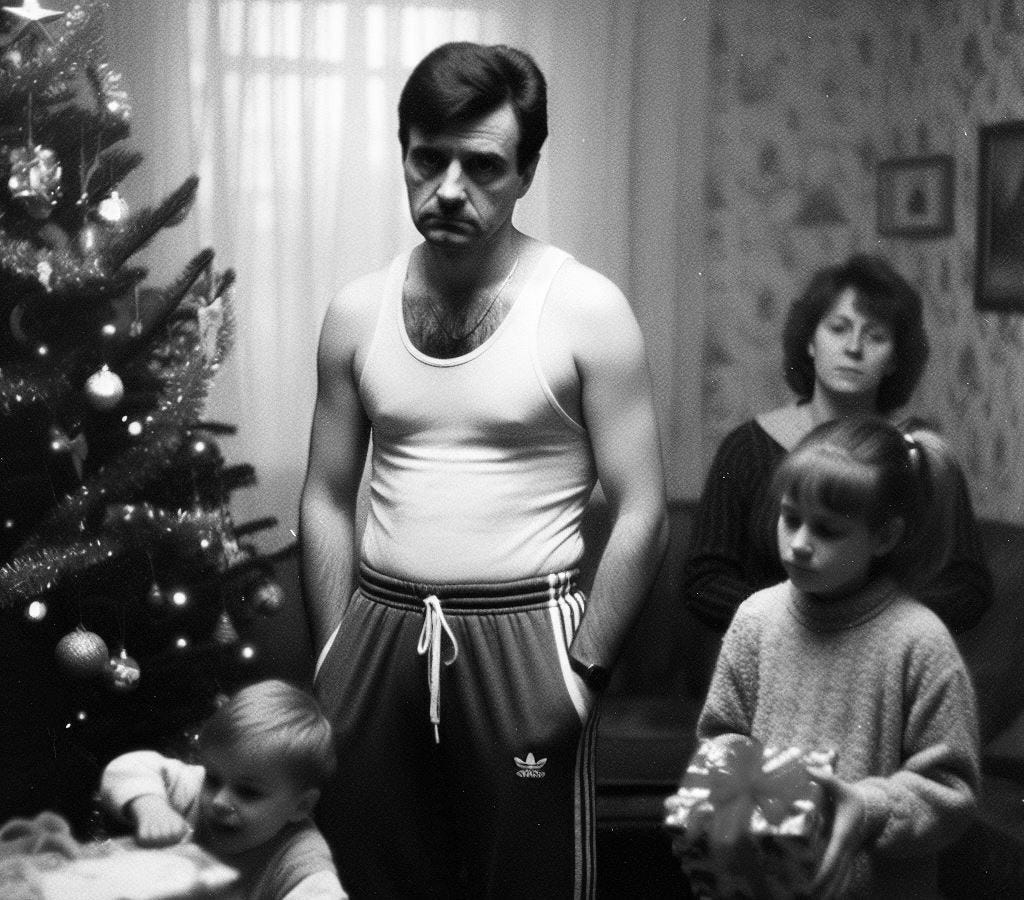

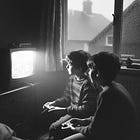


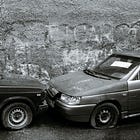
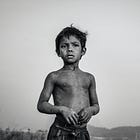
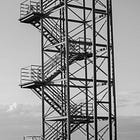
Balkan trauma high five! 🖐️:)
I’m weirdly lucky that my autistic kiddo never figured out commercialism and has always had extremely reasonable (well, often weirdly specific and difficult to source, but never financially out-of-reach) Christmas and birthday wishes. Except that one year when he wanted a 5000$ military drone when I was like yeah no, Santa is magic but not THAT magic, little buddy.
Perhaps your disgust with the modern world partially has its basis in trauma related to childhood and family 🤔